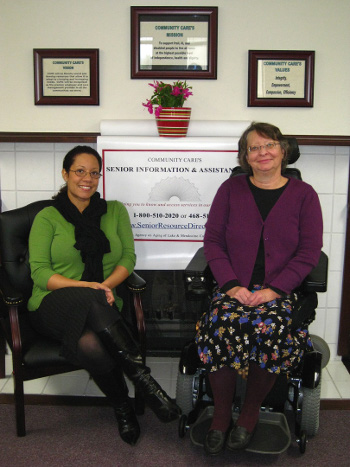- Marvin Carpenter
- Posted On
Seafood boil fundraiser supports Rotary's mission of service
The club would like to announce that all the entry tickets for the event have been sold, and thanks everyone for their tremendous support.
They also want to remind everyone that they can still help with the event by offering donations for “The Seafood Boil” or offering items for the huge auction which is a major part of the event. The event is held annually, usually in late February or early March.
The Rotary Club of Clearlake was founded in 1973 and has made significant contributions to the community over the years.
Some of the contributions include acting as the lead organization in creation of the Lower Lake High School Athletic Field, participation in the development of Austin Park, projects involving the South Shore Little League, Big Brothers & Sisters, the senior center building and Anderson Marsh.
Each year we fund scholarships for college bound seniors from the local high school and participate in a dictionary project for grade school children.
We have been involved in many international projects through Rotary International which has existed since 1905. The motto of Rotary is “Service Above Self” and we have made a difference in our community following that motto.
The goal for this year’s fundraising includes funding of college scholarships for 10 high school seniors to help them meet their college dreams and goals.
We also will again sponsor the gift of more than 250 dictionaries to third graders. Sometimes, this is the only book the child has ever owned.
In addition, there are numerous contributions made annually of both dollar contributions and contributions of time and service to projects by the Rotary membership which is comprised of local business persons.
We ask for your participation. It could be in the form of a monetary contribution or an auction item. auction items range from bottles of wine from the local wineries to services offered by local businesses, to vacations at various locations.
If you can supply an auction item, make a donation, please notify us. You can call any Rotarian, or Ginger Kite at 707-349-0122 or Nora Moore 707-994-5460. The club also may be reached by mail at PO Box 549, Clearlake, CA 954222.

 How to resolve AdBlock issue?
How to resolve AdBlock issue? 







